Retatrutide – Triple Hormone Receptor Agonist for Weight Loss and Metabolic Health
Retatrutide (LY-3437943) is an investigational triple hormone receptor agonist developed by Eli Lilly for the treatment of obesity, type 2 diabetes, and metabolic-associated fatty liver disease (NAFLD/MAFLD). It works by simultaneously activating GLP-1, GIP, and glucagon receptors, resulting in significant body weight reduction, improved insulin sensitivity, better lipid profiles, and reduced liver fat content. In Phase 2 clinical trials, Retatrutide demonstrated an unprecedented average weight loss of up to 24.2% over 48 weeks at the highest studied dose, making it one of the most promising potential obesity treatments in development.
As a once-weekly subcutaneous injection, Retatrutide is designed to improve patient adherence and deliver consistent metabolic benefits over time. Its mechanism addresses multiple pathways that regulate appetite, energy expenditure, and glucose metabolism, positioning it as a next-generation metabolic therapy.
Key Benefits Retatrutide
-
Promotes substantial weight loss in adults with obesity, with clinical trial data showing results beyond most existing pharmacologic treatments
-
Improves glycemic control in patients with type 2 diabetes by enhancing insulin secretion and sensitivity
-
Reduces liver fat content, with Phase 2 data showing normalization in up to 90% of NAFLD patients
-
Supports improved lipid profiles, including significant reductions in triglycerides and cholesterol levels
-
Offers convenient once-weekly dosing for improved compliance
Scientific Backing and Application Retatrutide
Retatrutide’s triple-receptor targeting represents an evolution beyond single-pathway agents such as semaglutide or tirzepatide. By engaging GLP-1, it slows gastric emptying, increases satiety, and enhances insulin release. GIP activation further promotes glucose-dependent insulin secretion and may counter gastrointestinal side effects. Glucagon receptor activity increases energy expenditure and supports fat oxidation, complementing the appetite-reducing effects.
Learn more about the underlying biology and mechanism of action by reading Glucagon-like peptide-1 receptor on Wikipedia.
Cycle Usage
Retatrutide is intended as an ongoing therapy rather than a short “cycle,” with clinical trial protocols lasting up to 48 weeks or more.
-
For obesity: Weekly injections tailored to the patient’s target dose, up to 12 mg in late-phase trials.
-
For type 2 diabetes: Weekly dosing individualized based on blood glucose response and tolerance.
-
For NAFLD/MAFLD: Same weekly dosing approach, with monitoring of liver enzymes and fat content.
Frequently Asked Questions
What is Retatrutide?
Retatrutide is a next-generation injectable medication under development for obesity, type 2 diabetes, and NAFLD, working through combined GLP-1, GIP, and glucagon receptor activation.
Is Retatrutide approved for use?
No. As of now, Retatrutide is in Phase 3 clinical trials and has not yet been approved by the FDA or other regulatory agencies.
How is Retatrutide administered?
It is administered once weekly via subcutaneous injection, typically in the abdomen, thigh, or upper arm.
What results can be expected?
In clinical trials, high-dose Retatrutide led to average weight losses exceeding 20% of baseline body weight, along with improvements in metabolic health markers.
Are there side effects?
The most common side effects include nausea, diarrhea, and vomiting. These are generally mild to moderate and may diminish with continued use.
Who should not use Retatrutide?
It should not be used outside of clinical trials without a physician’s supervision. Contraindications and warnings will be finalized upon regulatory approval.
To gain a deeper understanding of incretin-based therapies and their role in weight loss and diabetes management. For individuals seeking metabolic optimization prior to the commercial release of Retatrutide, consider Supermed 10 — a GLP-1-supportive program designed to enhance fat metabolism, appetite regulation, and overall metabolic health.

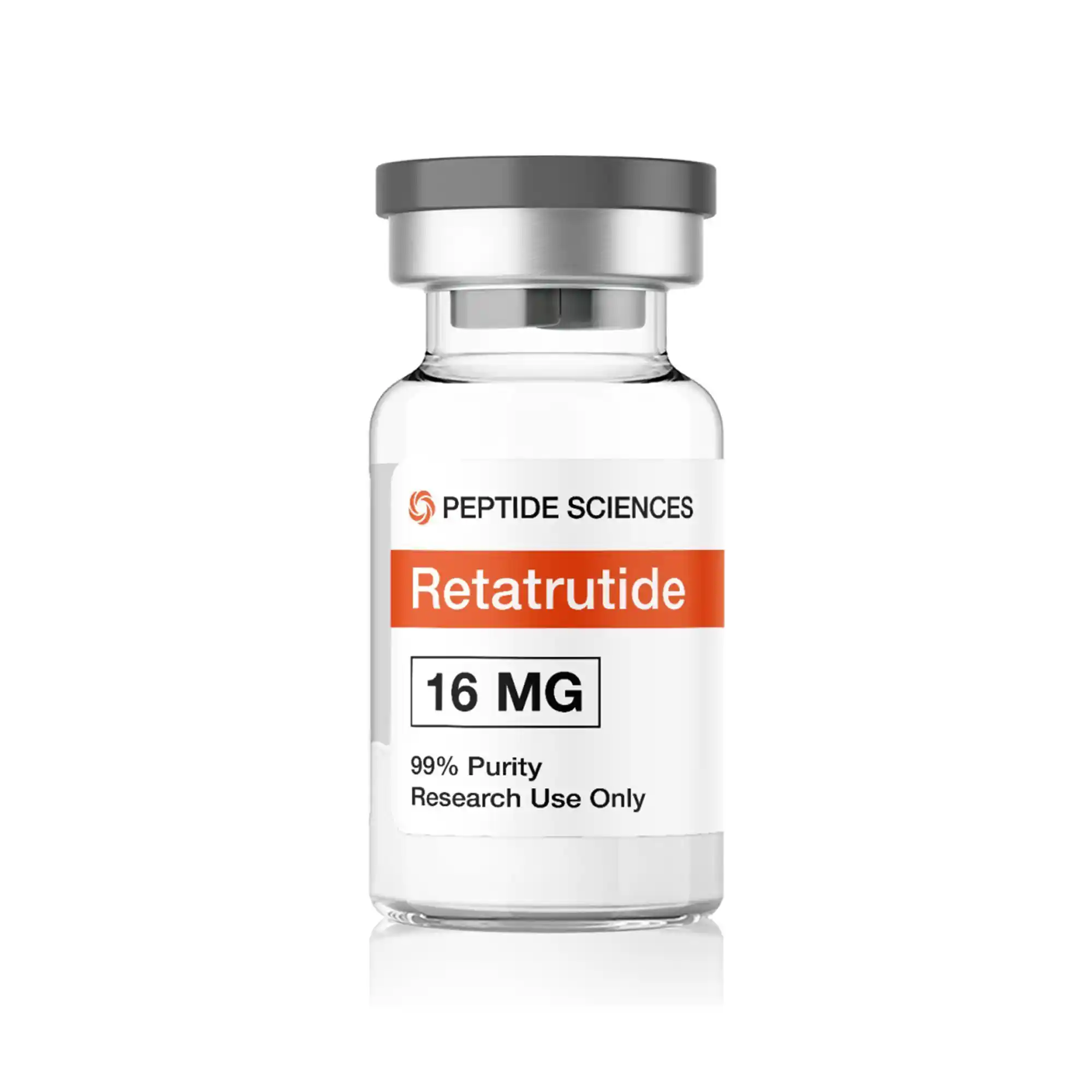

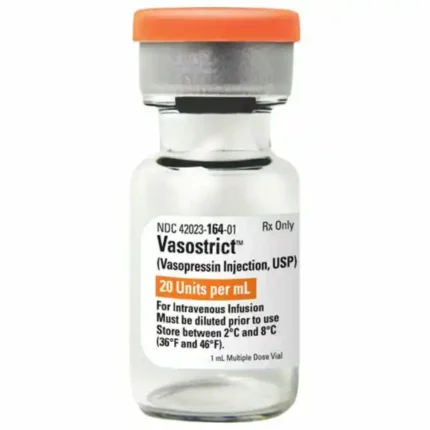
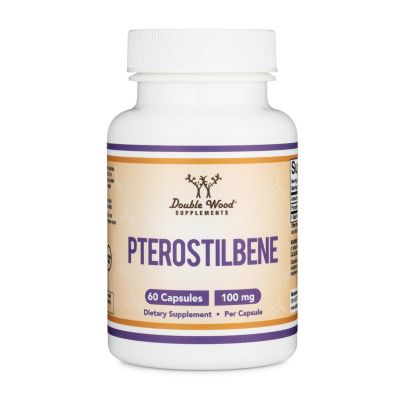


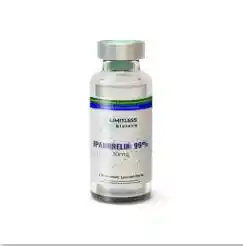
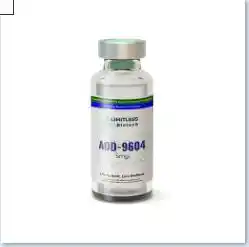
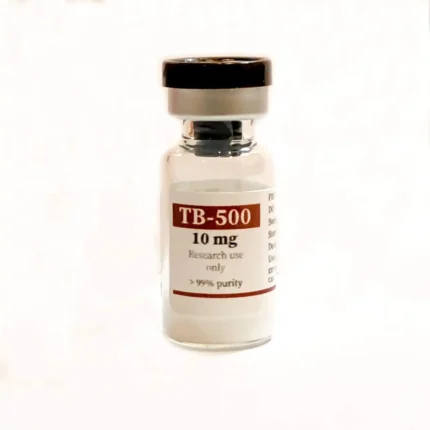
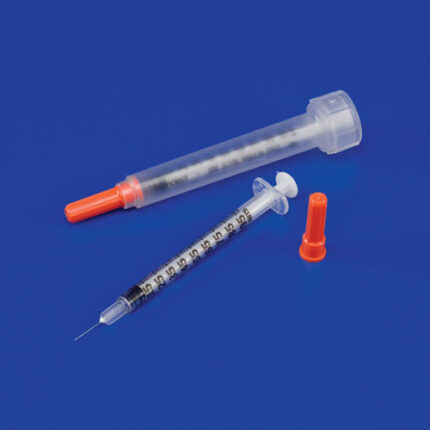
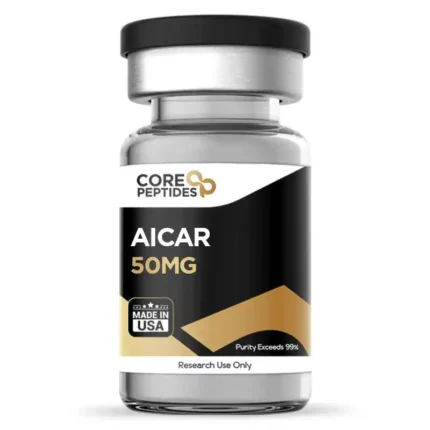
Reviews
There are no reviews yet.